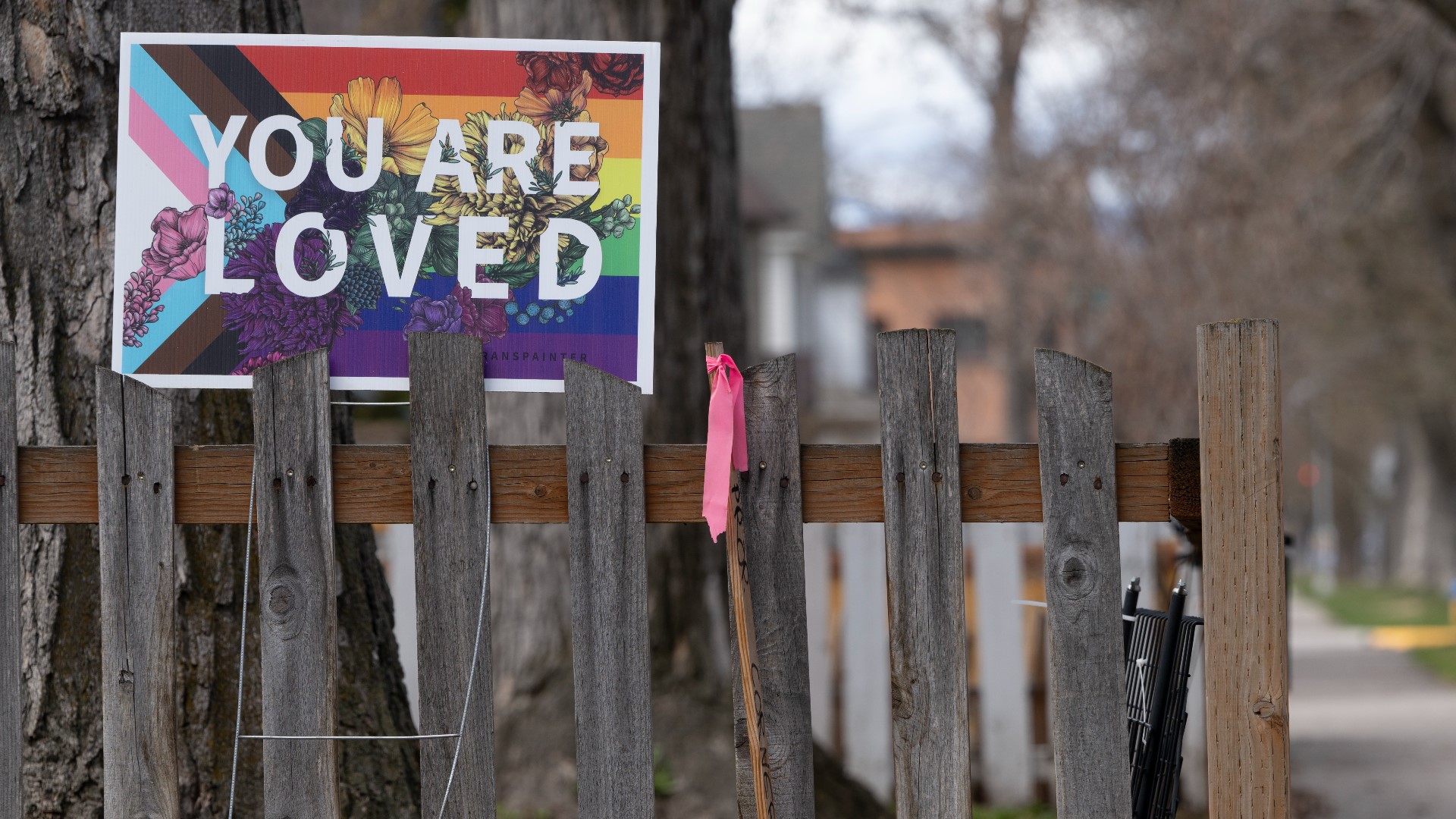HUNTSVILLE, Ala. — There are multiple bills in the Alabama legislature that could negatively affect the lives of LGBTQ people. Although the bills have not been signed into law, people are already expressing concerns about the future, like House Bill 401.
Currently, under consideration in Montgomery, this bill could add Alabama to the growing list of states attempting to outright ban drag performances in public.
It's being driven by six state legislators from central and north Alabama who want to label these performances as obscene.
"How do you cognitively define what a woman is or what it is to be a performer, an entertainer? I've been in theatre all my life. If I'm wearing makeup and performing in the role of a woman who's performing as a man, what does that mean? Is that drag? Is that banned?" said Beck Boggs, (they/them), local member of the LGBTQ community.
"So many of my clients are deeply afraid of how that law may be enacted in practice. You know that a client who dresses and affirms herself femininely but was assigned male at birth, is she going to be considered doing drag if she is out and going to a restaurant or walking down the street?" said Sarah Mulder, PSY.D., a local licensed clinical psychologist."
Alabama has joined states trying to limit drag shows after legislation was filed Thursday that would prohibit the performances in public places where children are present.
The bill by Republican Rep. Arnold Mooney would add a provision to the state’s anti-obscenity laws to prohibit “male or female impersonators, commonly known as drag queens or drag kings” from performing in K-12 public schools, public libraries, and in other public places where minors are present.
A federal judge last month temporarily blocked Tennessee’s first-in-the-nation law placing strict limits on drag shows, siding with a group that filed a lawsuit claiming the statute violates the First Amendment.
Republican legislators in several states have been considering restrictions on drag show performances in what critics say is a wave of anti-LBGTQ legislation.
Beck Boggs identifies as a nonbinary, androgynous lesbian. Boggs also happens to be from Alabama, "I- I love my state. I wish my state loved me back."
Sarah Mulder (she/her) is an ally to the community, has particular expertise in LGBTQ-affirming care. "I would estimate that roughly 85 to 90% of my caseload is LGBTQ+."
She says that it's the norm, not the exception, that her clients talk about proposed anti-LGBTQ legislation. FOX54 asked her to describe some of what they are feeling.
"A lot of anger, a lot of feelings of powerlessness, extreme anxiety and fear," said Mulder.
Boggs answers as well, "It feels like the legislation that has come through has really impacted the morale of the LGBT community."
One thing both of these people wanted to make clear is that members of the LGBTQ community are just like everyone else.
"They want to raise their families. They want to go to school. They want to be able to have family photos on their desks and to proudly talk about and live their lives just like anybody else," said Mulder.
"I want to eventually go back to school and get my master's. You know, I like to, you know, take my kid to school in the mornings and drop him off. I'm just a normal person, right?" said Boggs.

